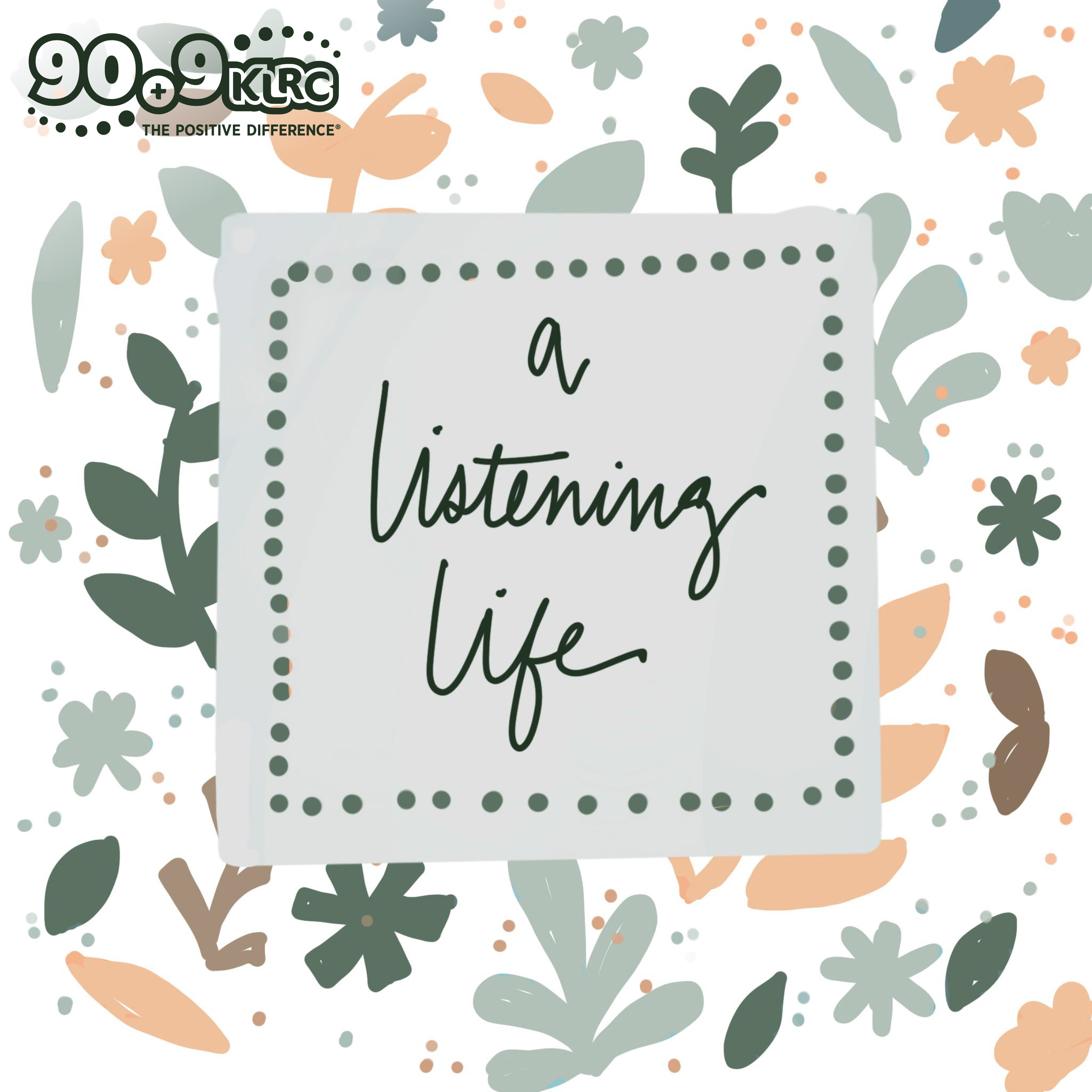

My mother did an admirable job of teaching me the importance of good manners. Greeting others with a smile, speaking only when spoken to, chewing with your mouth closed; saying “please, ” saying “thank you.” Early on I learned it was especially important that I personally write a thank-you note upon receiving a gift from someone. This was not an appealing task, even for someone like me who at an early age was quite taken with pens and pencils and pretty paper. I felt I was going-through-the-motions in order to create an image of propriety. Which, I suppose, in the end, is a fair description.
Still, I was a child with good manners. The goal had been achieved.
Now an adult person of faith, I am likewise aware that we are called to be grateful to God. The whole of scripture is dusted with such reminders: “Let us come before him with thanksgiving and extol him with music and song” (Ps 95:2). God is exceedingly generous with us; we should be grateful!
But this call to thanksgiving is surely about a great deal more than just being proper, or having good manners. In Luke chapter 17, gratitude takes a very particular shape:
“Now on his way to Jerusalem, Jesus traveled along the border between Samaria and Galilee. As he was going into a village, ten men who had leprosy him. They stood at a distance and called out in a loud voice, ‘Jesus, Master, have pity on us!’
When he saw them, he said, “Go, show yourselves to the priests.” And as they went, they were cleansed.
One of them, when he saw he was healed, came back, praising God in a loud voice. He threw himself at Jesus’ feet and thanked him—and he was a Samaritan.
Jesus asked, ‘Were not all ten cleansed? Where are the other nine? Has no one returned to give praise to God except this foreigner?’ Then he said to him, ‘Rise and go; your faith has made you well.’”
Here the grateful leper demonstrates a profound formational principle: when we are grateful to God, our understanding of who he is actually grows. The leper returned to Jesus, not only because he was healed and happy and wanted to express his thanks. He also returned to express his recognition of Jesus, of who he had clearly revealed himself to be: the master of all things visible and invisible. In his expression of gratitude, the leper’s attention rightly moved from the gift to the Giver. And it was then that Jesus pronounced him fully well.
In the biblical exhortation for us to be thankful people, God is not asking us for good manners. He is inviting us into a way of knowing him more intimately. Perhaps we can practice gratitude more intentionally, knowing that an even greater blessing awaits: an ever-dynamic and growing understanding of our master and Lord.





